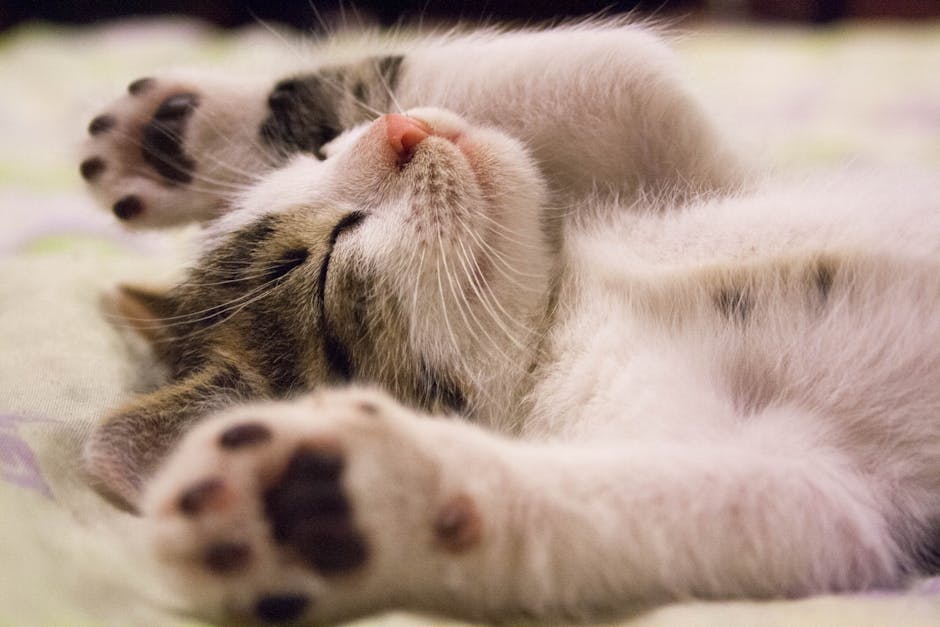1. **Social Behavior:** Dogs are inherently social creatures, thriving on companionship and forming strong bonds with their owners. Cats, on the other hand, are more solitary and independent, valuing their own space and seeking human interaction on their terms.
2. **Communication:** Dogs have evolved to understand and respond to a wide range of human gestures, vocalizations, and body language. Cats, while capable of communication, rely more heavily on scent marking, body language, and vocalizations that are specific to their species.
3. **Grooming Habits:** Cats are meticulous groomers, spending hours licking and cleaning themselves to maintain their hygiene. Dogs, while also grooming themselves, tend to have more of a "roll in the mud" approach and rely more on baths or grooming sessions with their owners.
4. **Hunting Instincts:** Dogs possess strong hunting instincts honed by centuries of domestication. They enjoy chasing prey, retrieving objects, and engaging in playful games that simulate hunting behavior. Cats, despite their smaller size, also have a natural instinct to hunt and are adept at catching small prey such as mice and birds.
5. **Sleep Patterns:** Cats are crepuscular, meaning they are most active at dawn and dusk. Dogs, in contrast, are diurnal, being most active during the day. This difference in sleep patterns reflects their evolutionary adaptations to different hunting strategies.
6. **Dietary Needs:** Dogs are omnivorous and have a digestive system that allows them to efficiently break down both plant and animal matter. Cats, on the other hand, are obligate carnivores and require a diet high in animal protein for optimal health.
7. **Lifespans:** The average lifespan of a cat is typically longer than that of a dog. Cats can live for 12-15 years, while the average lifespan of a dog varies depending on breed, ranging from 10-13 years. However, individual factors such as diet, exercise, and genetics can influence the lifespan of both cats and dogs.
